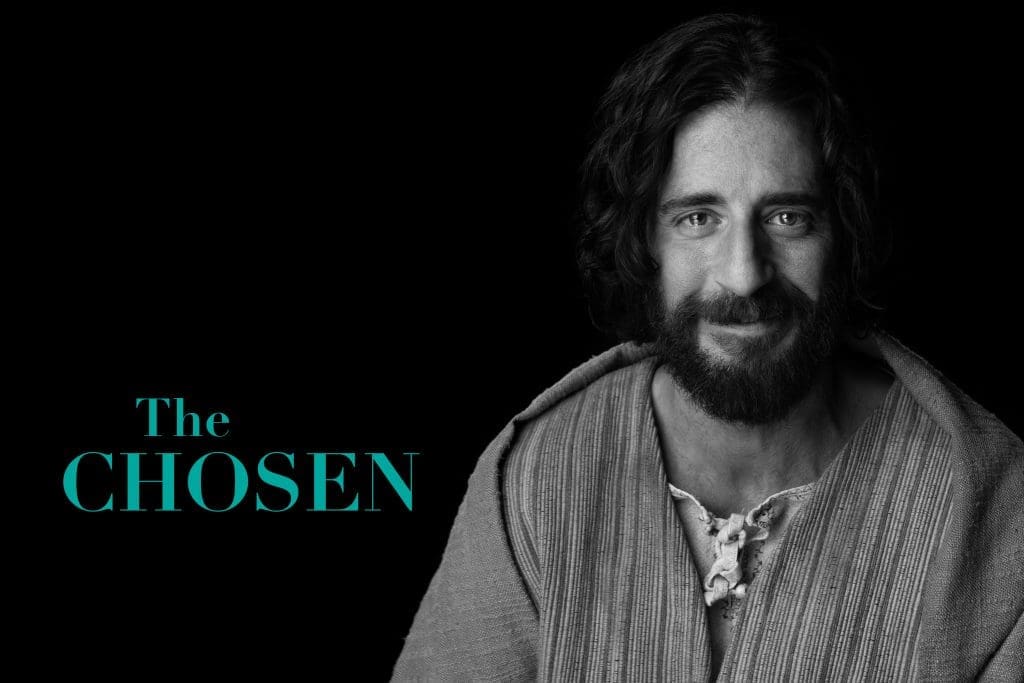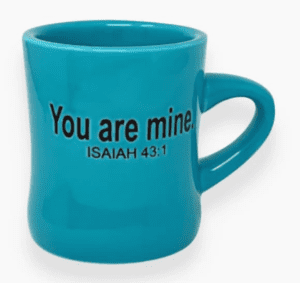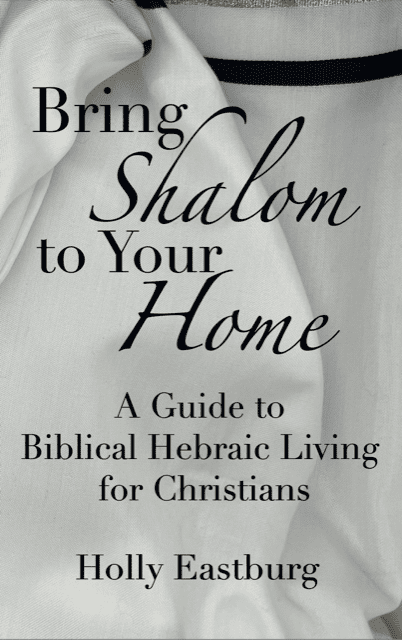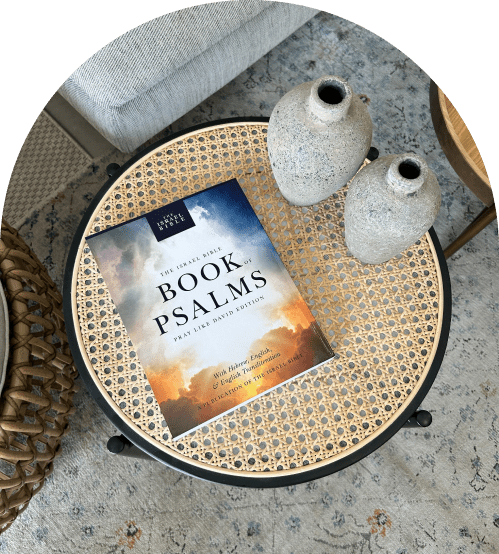
Explaining The Chosen: Season 3, Episode 2: Two By Two
Caution: spoilers ahead!
Episode two of Season Three gives more insight into the characters of some of the disciples, depicts what the commission of the 12 apostles may have been like, and reveals Thomas and Remah’s plan for the future.
To see my previous articles Explaining The Chosen, find them here.
Olive Oil
When Thomas, James, and John were visiting James and John’s parents, Zebedee offered them (Thomas first) a taste of the olive oil he made. He said that it could be used for ceremonial purposes. People in the ancient Near East used olive oil for many purposes. The lowest quality oil was used to fuel lamps, and the finest was used for ceremonial purposes such as anointing Temple items, priests for Temple service, or lighting the Temple menorah.
When the women discuss Zebedee’s olive oil a few scenes later, Mary says, “I wonder if it can be sold as anointing oil?” Ramah responds, “Holy anointing oil is very specific. It’s laid out in the Books of Moses”. Ramah refers to Exodus 30, verses 22 through 33, where God gives Moses instructions on preparing oil to anoint the Tabernacle items.
Do your fathers know each other?
When Thomas nervously announced that he was thinking of asking Ramah to marry him, Zebedee’s first question was, “Do your fathers know each other?” When Thomas explained that his father was deceased, Zebedee followed with questions about many others who may have the authority to make wedding arrangements. Thomas’s father, older brother,
Times were different then, and it wasn’t up to two people who fell in love to get married. The families were highly involved in the decision to marry and the wedding plans for the bride and groom. There were few exceptions, but as Zebedee points out, Samson and David chose wives on their own – but those marriages led to some problems, so maybe that’s part of why the tradition of the family’s involvement in selecting a spouse carried on for so long!
Erev Shabbat
Mary, Ramah, and Tamar discussed their low food supply, and Mary said they would be in Matthew’s old house by Erev Shabbat. I’ve discussed Shabbat when I’ve covered other episodes of The Chosen.
On our Gregorian calendar, days start at midnight, but on the Biblical calendar, they start the evening before. This timing is from Genesis 1:4, “and it was evening, and it was morning, the first day…” It’s not just day one that starts in the evening in Genesis 1 – each day does (Gen. 1:5-31).
Where I’m from
Tamar said she’d rather not discuss where she’s from. She’s from Ethiopia, and her reasons for keeping that under wraps are probably due to the vivid history between the Ethiopian people and Israel.
In 2 Chronicles 14, Ethiopia fought Israel. That story didn’t end well for the Ethiopians. God was on Israel’s side, and the Ethiopians met a devastating defeat.
Ethiopia is also called Cush in the Bible because Noah’s grandson, Cush, was chief over the Ethiopians. In addition to being enemies of Israel for geographic reasons, Cush himself fathered Nimrod, the man who founded the ungodly societies of both Babylon and Ninevah. These cities caused much heartache for Israel and God.
Apostles
In Luke 6:13, Jesus told the disciples that twelve of them were now his apostles. These twelve had now moved from a student role to that of teachers themselves.
In the Greek Biblical text, disciples are μαθητής (mathetes), which means “students” or “ones who learn.” The word “apostle” is ἀπόστολος (apostolos), meaning “messengers” or, more literally, “ones who are sent off.”
Apostles weren’t always sent out for the same reasons. For example, when Jewish leadership sent people out to collect taxes, they were also referred to as “apostles .” Apostles were also representatives or agents sent out from a congregation or authority. Jesus was giving them authority, under him, to go out and teach, heal, and cast out demons in his name.
In ancient times, there were various stages of training for a rabbi’s disciples. The first was service to the rabbi, catering to his needs while he taught. The next step was for that disciple to begin his own ministry. To start this ministry, there would be a ceremony, like the one in 1 Timothy 5:22, to mark the point when the teacher’s ministry began. The lack of a ceremony is why the writers of The Chosen had Thaddaeus ask, “Was there a ceremony I missed?”.
The Lost Sheep of the House of Israel
In Romans 1:16, Paul explains that salvation was first for the Jew, then the Greek. Why would salvation first be for Jews?
When Biblical prophecy promised a messiah, those promises were given to the people of Israel, not to all the peoples on earth at that time. Now, we know that those promises were extended to people outside of the nation of Israel in some cases in the Bible. Ruth, Rahab, and even Abraham came from a people considered “the nations,” which included the non-Israel groups that surrounded God’s people.
We can access God’s promises to Israel by acknowledging God as the one true God, with Jesus as His Son. Romans 9-11 explains that the Messiah was sent to the Jews, fulfilling God’s promise to Abraham. However, through their faith in God, the Gentiles can benefit from that promise and participate in the blessings brought by the Messiah. Paul compares this concept to a wild olive branch grafted onto a cultivated tree. The wild branch then receives the nutrients from the root, just as the natural branches do. This metaphor shows that Gentiles receive blessings through the root of God’s promises that were originally just meant for the Jewish people because of their faith.
“The Kingdom of Heaven is at Hand”
Jesus repeats this phrase as the message the apostles should take as they go out. What does he mean by the “kingdom of heaven,” and how was it “at hand”?
Jesus wasn’t talking about a physical kingdom but a spiritual one. When the apostles were supposed to go out and tell people that the kingdom was at hand, they were bringing a message that the Messiah had arrived and that they could be part of God’s Kingdom by recognizing that miraculous event. God has always had a heavenly kingdom. When Jesus, God’s Son, walked on earth, that kingdom became accessible! That’s the Gospel message and the same one the apostles were supposed to carry throughout the land on their missions.
Shake the dust off of your feet
Matt 10:14, Mark 6:11, and Luke 9:5 all quote Jesus when he tells the disciples (now the apostles) to “shake the dust off of the soles of your feet” when a house or city doesn’t accept them and their message. Of course, Jesus didn’t mean for them to literally shake dust off their feet. This phrase is an idiom meant to teach the disciples that they shouldn’t waste their time and effort on people who openly rejected the disciples and the good news they brought.
A Zealot and a tax collector
Although the situation where Jesus pairs Matthew and Simon the Zealot together on their missionary journey isn’t in the Bible, the fact that they both followed under the same teacher is strange! The Jewish tax collectors were on the side of Rome, which was occupying Jerusalem and ruling the Jewish people. Tax collectors were considered traitors because of their allegiance to the Roman government. Zealots were on the opposite side. They were rigorously trained to oppose the Romans and dedicated their lives to this cause. A tax collector and a zealot would be a strange pair indeed!
Tel Dor
Thomas told Remah he would be headed Southwest, and she asked if he would be near Tel Dor. Tel Dor was a coastal city in Israel Southwest of Capernaum and is now an archaeological site. “Tel” means “mound” or “ruin,” and “dor” means generation, so this city’s name is literally “mound of a generation.” Biblically, this city is called “Dor” and is mentioned many times.
Thomas then says he will see Remah in Joppa, another Biblical city mentioned mostly in Acts but elsewhere in the Bible. It’s South of Dor, also on the Mediterranean coast, and is the site of many well-known events in the Bible. Today it’s called Yafo, but in its Joppa days, it was known as the place where Peter received his vision (Acts 10), the place Jonah fled to hop on a ship to Tarshish (Jonah 1:3), the site of the miracle where Tabitha was brought back to life (Acts 9:32-42), and more.

Little James
James the Less in the Bible is not the same John as James’s brother. Some think he may have been related to Jesus—either his brother or cousin. He’s the son of Alphaeus, and we don’t know as much about him as some of Jesus’s other followers.
Some believe that James the Less in the Bible was in some way disabled, so he’s portrayed in The Chosen as having a handicap. It’s unique to note that the actor portraying Little James actually has some real-life disabilities, so this scene must have some deeper meaning for him!
A Psalm of David
When the twelve gather outside Matthew’s house, they recite Psalm 3, a good reminder for all of us!
O LORD, how many are my foes!
Many are rising against me;
many are saying of my soul,
“There is no salvation for him in God.” Selah
But you, O LORD, are a shield about me,
my glory, and the lifter of my head.
I cried aloud to the LORD,
and he answered me from his holy hill. Selah
I lay down and slept;
I woke again, for the LORD sustained me.
I will not be afraid of many thousands of people
who have set themselves against me all around.
Arise, O LORD!
Save me, O my God!
For you strike all my enemies on the cheek;
you break the teeth of the wicked.
Salvation belongs to the LORD;
your blessing be on your people! Selah
Ps. 3:1-8 (ESV)
That brings us to the end of another beautiful episode of The Chosen. I can’t wait to see what Episode 3 brings!







Leave a Reply